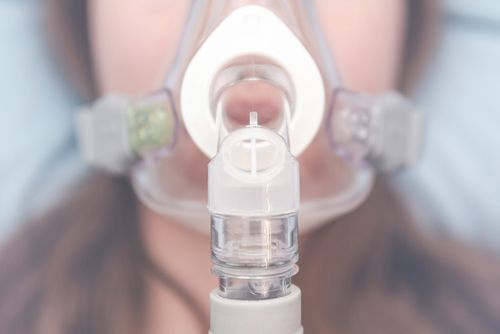
What You Should Know About Hypoxia, Anoxia, and Hypoxemia
Brain injuries don’t always involve physical trauma to the skull. A simple lack of oxygen causes many brain injuries. The brain can be deprived of oxygen during medical procedures, while drowning, and other events such as contracting COVID-19. Depending on the type of oxygen deprivation suffered, these injuries will affect you differently. A brain injury law firm in Boulder understands this and can help protect your rights and pursue fair compensation for your injuries.
Hypoxia
Hypoxia occurs when the brain is deprived of sufficient oxygen supplied by the blood as it circulates through the brain. It can occur following smoke inhalation, choking, heart attack, stroke, or as part of an allergic reaction. When an individual suffers hypoxia, they will typically lose consciousness. The moment the brain is deprived of sufficient oxygen, the brain begins to suffer. At five minutes, brain cells start to die. At 10 minutes, death is almost inevitable.
Anoxia
Unlike hypoxia, which typically involves diminished blood flow to the brain, anoxia involves the total loss of oxygenated blood to brain tissues. At four to five minutes of complete oxygen deprivation, permanent damage to the brain can be expected. As with hypoxia, anoxia is often preceded by noticeable symptoms. These include physical weakness, dizziness, disorientation, severe headaches, loss of coordination, and difficulty walking.
Hypoxemia
This is an interesting condition that is making headlines because of its association with COVID-19. Hypoxemia, more commonly understood as low-blood oxygen level, occurs because of diminished breathing or restricted circulation. Individuals with COPD, emphysema, anemia, asthma, and certain infections, including COVID-19, are more prone to developing hypoxemia. Unlike hypoxia or anoxia, many individuals who suffer hypoxemia don’t present physical symptoms. Many individuals feel completely normal and show no outward signs of mental impairments.
Long-Term Damage From Oxygen Deprivation
Once dead, brain cells cannot be regenerated. The damage done to brain tissue is permanent, and individuals can expect significant changes in their mood, personality, and memory. Thus, it is imperative to thoroughly assess the extent of the injury and pursue compensation claims that will provide adequate funds for treatment, care, and long-term living expenses.
Contact Sloat, Nicholson & Hoover, P.C. at (303) 447-1144 for more information about brain injuries. Our brain injury law firm can help you navigate your options and help you recover fair and just compensation for your injuries.
Related Articles
Articles and information to keep you up to date on personal injury news.
The Importance of Medical Records in Personal Injury Claims
After a serious injury caused by someone else, medical care becomes more than just treatment—it becomes evidence. Every appointment, diagnosis, and test result documents the injury and how
Read More
How to Claim Lost Wages from a Car Accident
You’re injured, unable to work, and the bills are piling up after your car accident. Without a paycheck, balancing everyday expenses and medical costs feels impossible. How are
Read More
Back Injury from a Car Accident
Some injuries are impossible to ignore. What seemed like a minor ache after a crash can become constant painful discomfort, making everyday tasks harder. Sitting for long periods,
Read More
